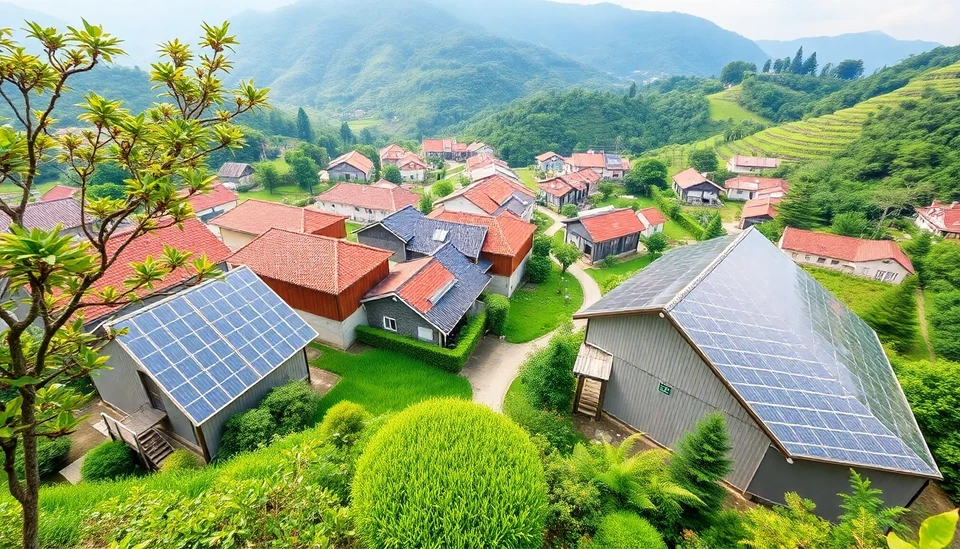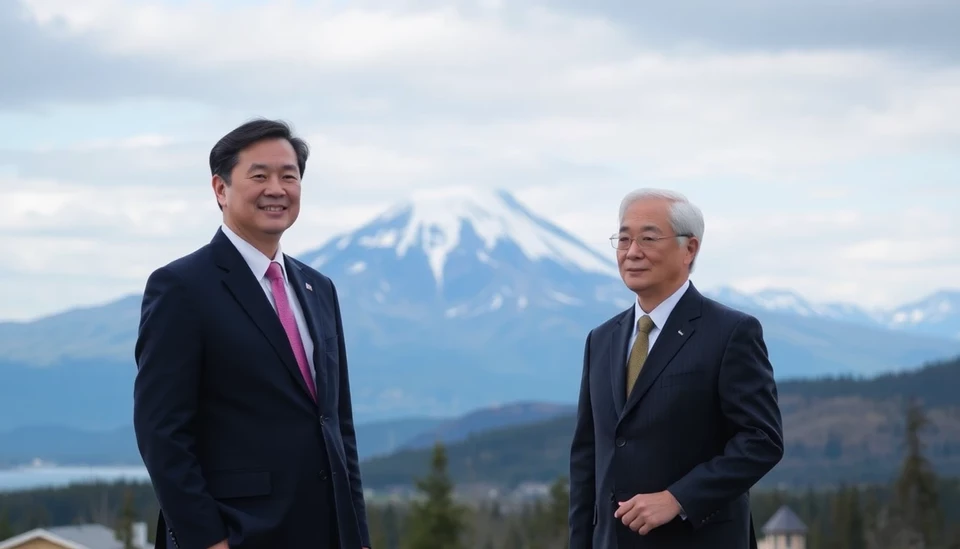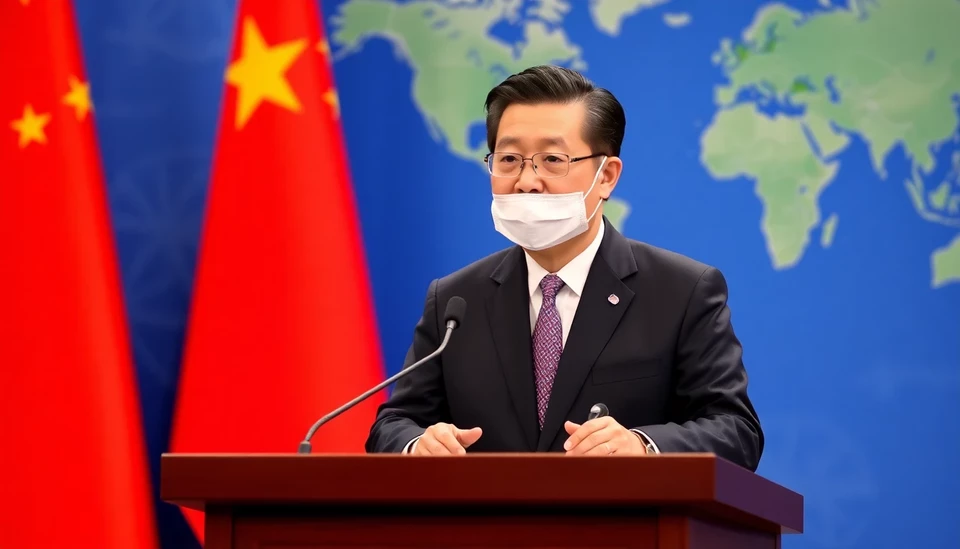
In a significant move towards enhancing its energy security and sustainability, Taiwan is actively considering the prospect of importing clean energy from nearby countries. This deliberation arises amidst the island's ambitious goals to diminish reliance on fossil fuels and reduce carbon emissions, aligning with global climate initiatives.
The Taiwanese government is particularly interested in harnessing renewable energy sources such as solar and wind power from neighboring regions. This strategic shift could potentially transform Taiwan’s energy landscape by diversifying its energy sources and reducing dependency on nuclear energy and fossil fuels.
Officials from Taiwan's Ministry of Economic Affairs have highlighted ongoing discussions with various countries, indicating a proactive approach to establishing agreements that facilitate the import of renewable energy. These discussions have emerged as Taiwan seeks practical solutions to meet its growing energy needs while complying with environmental targets.
In light of the pressing need for cleaner energy alternatives, Taiwan is exploring agreements with countries such as Japan, South Korea, and the Philippines, which possess substantial renewable energy infrastructure. Collaborative projects could see the development of cross-border energy transmission systems that enable the reliable flow of clean energy into Taiwan’s grid.
Analysts argue that such imports would not only aid Taiwan in achieving its ambitious carbon neutrality goal by 2050 but also enhance regional cooperation in energy management. By fostering partnerships with its neighbors, Taiwan aims to leverage technological advancements and improve its energy efficiency.
This strategic pivot resonates with wider trends observed globally, where nations are increasingly prioritizing sustainable energy solutions. As Taiwan embarks on this exploration, it is set to position itself as a regional leader in clean energy initiatives, potentially serving as a model for other nations looking to invest in renewable energy technologies.
While the path to importing clean energy is promising, stakeholders emphasize the necessity for rigorous planning and investment in infrastructure to facilitate successful integration into Taiwan's existing energy framework. Building upon the experiences of other nations that have embarked on similar paths will be crucial as Taiwan navigates these uncharted waters.
In conclusion, Taiwan’s contemplation of clean energy imports marks a pivotal moment in its energy policy development. Fueled by the dual objectives of sustainability and energy security, the journey toward renewable energy diversification appears poised to gain momentum in the coming years.
As this story develops, many will be keenly observing how Taiwan manages to turn its renewable energy ambitions into reality and the potential implications for its energy strategy in the broader Asia-Pacific region.
#Taiwan #CleanEnergy #RenewableEnergy #EnergySecurity #Sustainability #ClimateAction #AsiaPacific #EnergyImports #SolarPower
Author: Peter Collins




